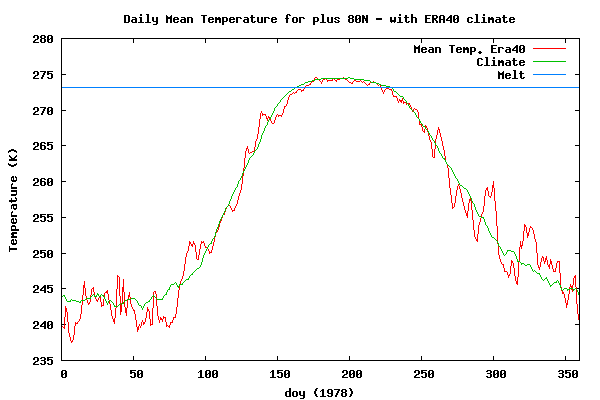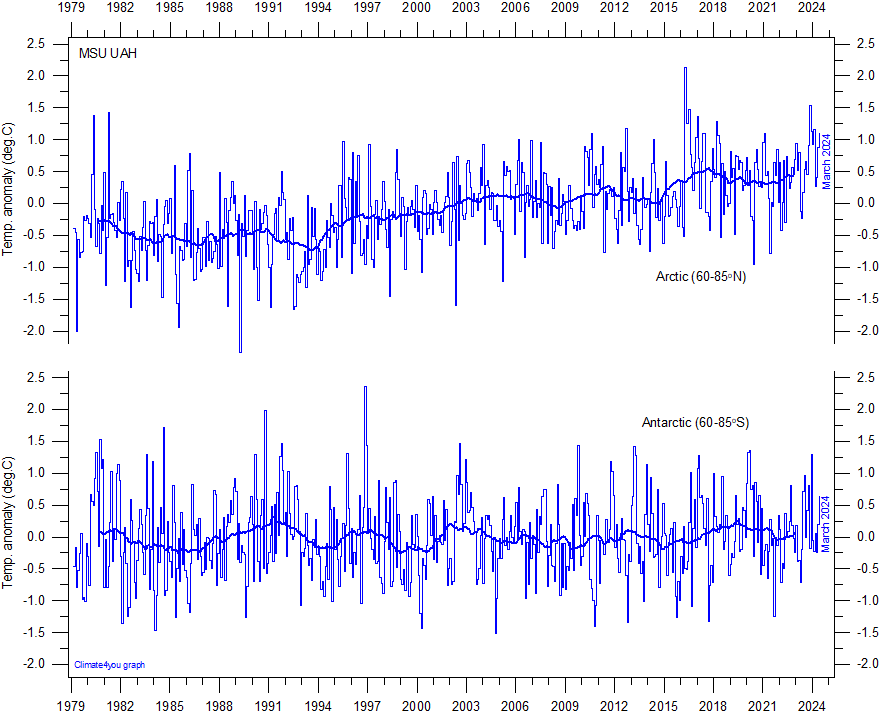New Zealand Parliament relents after public outrage
Section 92A scrapped, to be re-written
New Zealand Commerce Minister Simon Power announced today that Section 92A of New Zealand's copyright law will not come into force on 27 March as previously planned.
As outlined in my 16 February 2009 article, Guilt On Accusation - Draconian Internet Copyright Law To Be Enacted, under this ill-conceived law, internet users’ accounts would have been terminated as a result of unproven accusations of piracy. Section 92A stated that if a copyright owner thinks an internet user guilty of repeatedly breaching copyright, the user’s ISP would have been forced the terminate the user's internet connections and websites.
In protest of this law and under encouragement from the Creative Freedom Coalition, thousands of New Zealanders blacked out their websites, Myspace pages, Facebook photos, and Twitter accounts.
In my 13 March follow-up to that article, Draconian New Zealand Copyright Law Foundering?, I noted that New Zealand's Telecommunications Carriers’ Forum (TCF) spent weeks trying to draft a Code of Practice dealing with the implementation of Section 92A, but TCF member TelstraClear stated they would veto that code.
New Zealand Prime Minister John Key said Monday:
"We have now asked the minister of commerce to start work on a replacement section [for 92A]... There is a need for legislation in this area. Some progress was made between copyright holders and the ISPs but not enough to agree a code of conduct... In our view there are a number of issues that made it difficult to complete that code of conduct without fixing the fundamental flaws in section 92a."
The bottom-line in all this: Which is ultimately most important? Ensuring above all else that an extra 30-cents go into the pocket of a—likely wealthy—copyright holder, or protecting the rights of all citizens to due process of law in the face of unproven accusations? Seems like a no-brainer to me.
Does the New Zealand Parliament—or the government of any nation—first and foremost represent and protect its citizens? Or does it despotically chuck the peoples' rights out the window in order to placate grumbling, paranoid, billion-dollar corporations whose sole reason for existence is to make money? Should the rights of such corporations be protected? Certainly! But NEVER at the expense of the basic civil rights of the people which a government is required to protect!
Such corporations are acting purely in self-interest: By pressuring politicians to enact this and similar draconian laws, they have shown that they have absolutely no interest in the rights of others. These corporations and their representatives, the RIAA, RIANZ and others, are NOT police forces, they don’t know how to be police forces, they cannot be trusted to behave responsibly as police forces, and they must not be given—by any nation—the power to act as police forces. If they have evidence of theft of their products, such evidence should be turned over to appropriate authorities for a proper and lawful investigation—as any other private entity is required to.
Lets hope—indeed, all New Zealanders should expect and require—that in re-drafting this despicable law, New Zealand's Parliament—civil servants, NOT civil masters—will, this time, do their damn jobs: Protecting and ensuring the rights of the people of New Zealand, rather than abrogating those rights—and Parliament's mandate—by giving entertainment guilds, for pity's sake, independent powers of judge and jury over all internet users in New Zealand.
What on Earth were they thinking?
New Zealanders should contact their MPs through instructions and links on this page and let the rascals know you expect them to ensure civil rights and due process of law.









No comments:
Post a Comment